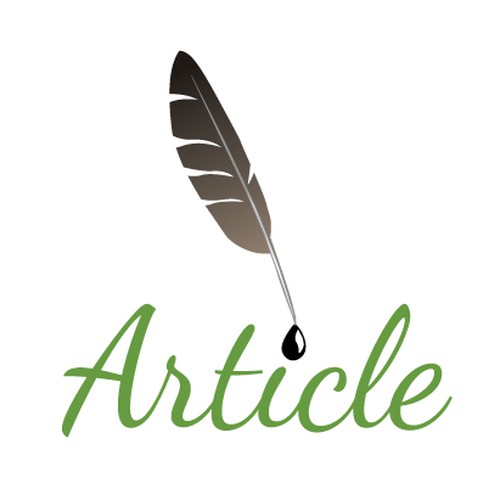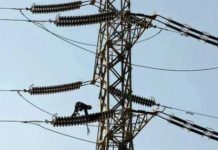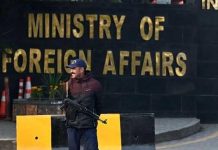ITO Takeshi
Minister/Deputy Chief of Mission, Embassy of Japan in Pakistan
As Minister/Deputy Chief of Mission of the Embassy of Japan in Pakistan, let me confirm Japan’s unwavering priority on SAFETY. Japan will NEVER discharge water that can harm humans or the environment. The SAFETY is our top priority.
On August 24, 2023, the Fukushima Daiichi Nuclear Power Station (FDNPS) started the discharge of ALPS (Advanced Liquid Processing System) treated water. Since the devastating tsunami hit FDNPS after the Great East Japan Earthquake on 11 March 2011, tons of water has become contaminated with radioactive materials through its use for cooling of the fuel debris and natural contact. Such contaminated water has been purified through the Advanced Liquid Processing System (ALPS), which can remove the radionuclides except for tritium. The water treated by ALPS, which has been sufficiently purified until the concentration of radioactive materials other than tritium is below the regulatory standard, will be further diluted before it is discharged into the sea. The concentration level of tritium in the water after dilution will be 1/40 of the regulatory standard and 1/7 of the WHO drinking water standard. The concentration of radioactive materials other than tritium will be less than 1/100 of the regulatory standard.
On July 4, 2023, the International Atomic Energy Agency (IAEA), the world’s center for cooperation in the nuclear field promoting the safe, secure and peaceful use of nuclear technology, released its Comprehensive Report, summarizing the outcome of the review missions from an objective and professional standpoint based on scientific evidence. The report has concluded that: (i) the approach to the discharge of the ALPS treated water is consistent with relevant international safety standards; and (ii) the radiological impact on humans and the environment is negligible.
In fact, discharging water into sea is commonly practiced in nuclear power plants around the world. The amount of tritium in the ALPS treated water is smaller than the amount of tritium discharged from many nuclear power plants and other facilities in other countries.
Furthermore, to ensure safety of the water, Japan has started multi-layered monitoring with the involvement of the IAEA, and should a problem be detected during this monitoring process such as detection of radioactive concentration that exceeds the standard, Japan will take appropriate measures as planned, including immediate suspension of the discharge. Since the discharge started on August 24, 2023, it has been confirmed that the concentration of nuclides including tritium in sea water and marine products are far below the standards, which indicates that the discharge is safe as planned. Also, the results of monitoring by the Government of Japan and Tokyo Electric Power Company’s (TEPCO) have been made public in a timely manner both domestically and internationally on the website (https://www.monitororbs.jp/index_en.html). The Government of Japan and TEPCO will continue to make every effort to ensure a safe discharge, with the continued involvement of the IAEA, including its reviews.
Let me reiterate: the discharge of ALPS treated water into the sea will be implemented in line with international standards and practice, and with all possible safety precautions. Specifically, radionuclides will be measured again for all water prior to discharge to ensure that the water meets regulatory standards. The Government of Japan will NEVER discharge water that exceeds regulatory standards into the sea.
(END)

















